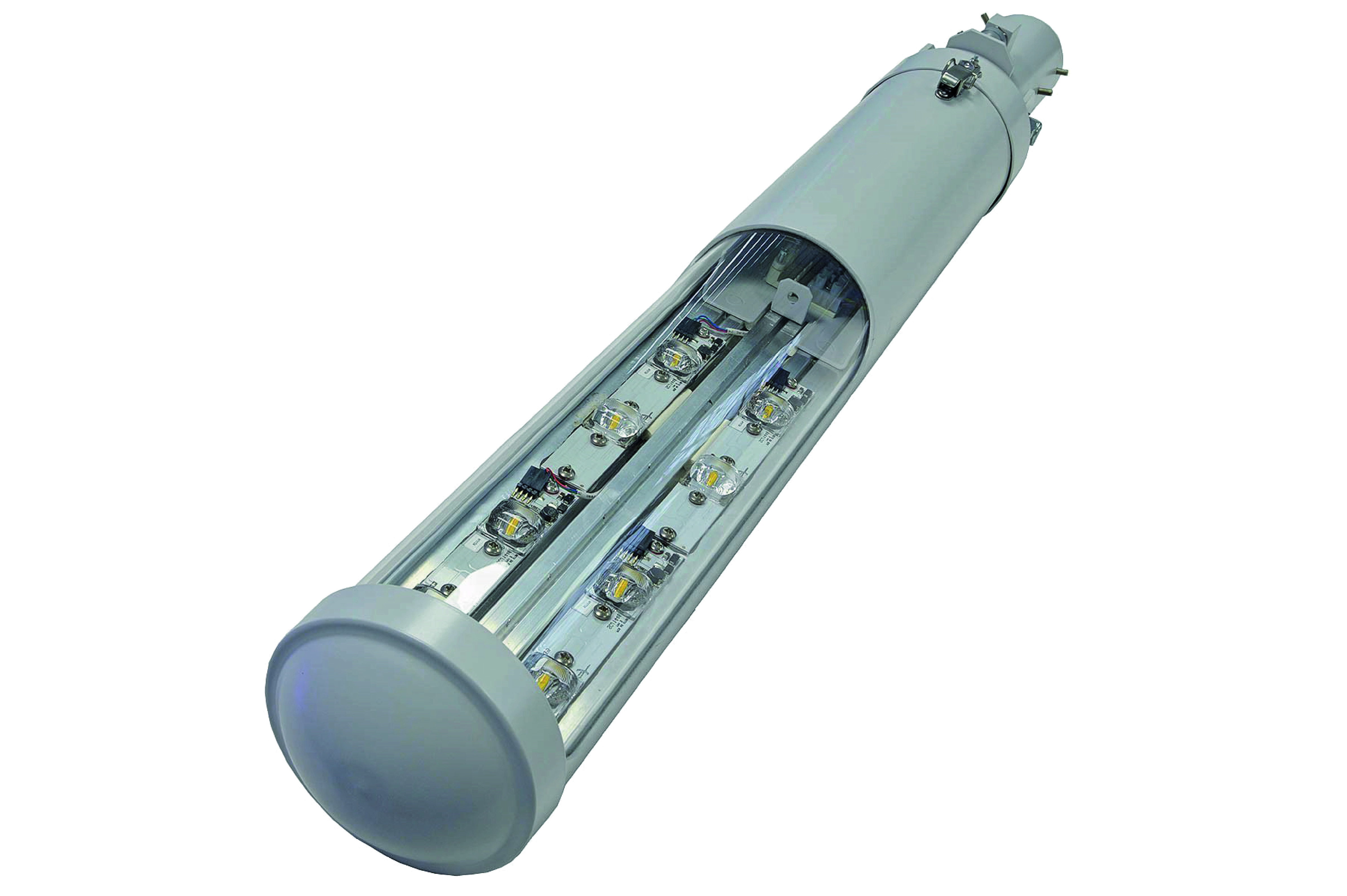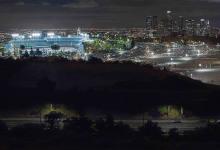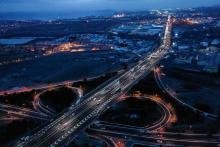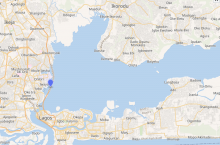
The partnership deal will see LED replace up to 10,000 lights over 300km of state roads within the next year at a cost of US$7 million, Nigeria’s media reported. Products will be from Low Energy Design’s Phoenix Ultra and Norrsken ranges. Included is the deployment of the company’s HESS - hybrid energy storage system – units of which will also be installed across the highway network.
The contract is part of the state’s Light up Lagos project. Lagos state is the smallest of Nigeria’s 36 states but is the country’s financial powerhouse. The state contains Nigeria’s capital Lagos port – the country’s largest urban area with around 16 million of the state’s nearly 18 million people. The state capital, however, is the much smaller inland city of Ikeja with under a million people.
The Lagos State Electricity Board owns and operates 33,000 street lights throughout the state. “Technically, [LED] is going to be having about 31% of our entire street light infrastructure and this is a significant development,” said Akinwunmi Ambode, governor of Lagos state.
He said the state government is exiting the business of installing and repairing street lighting poles as well as providing backup diesel systems. “All those have been outsourced now,” said Ambode. “We just buy light from LED UK with all their installations. They manage it, they provide the security, they power it and as long as we see the light, we pay.”
Alan Parker, chief executive of LED, said that over the next 12 months a British and Nigerian consortium would work to retrofit major roads in the state including urban regeneration projects in Ikoyi, Ikeja and Victoria Island.
The government, which was elected in early 2015, had promised to initiate what it called Light Up Lagos. Included in the project is the upgrading and installation of thousands of street lights along major highways as well as rural electrification projects.
Meanwhile, in the east African state of Malawi, Zomba has become the country’s first city to install solar-powered street lights, according to local media.
The 261 solar-powered street lights are going to cover the city’s boundary along the M3 road for around 7km.
City authorities said they have responded to concerns about the possibility of poor lighting from the solar luminaires during the rainy season which can be long with continuous heavy cloud.
The move is part of a strategy to reduce dependency on hydropower which is in short supply and can be expensive.
Zomba, in southern Malawi, has a population of around 100,000 and was Malawi’s capital until 1975 when the government moved to Lilongwe, with a population of just over 1 million.








